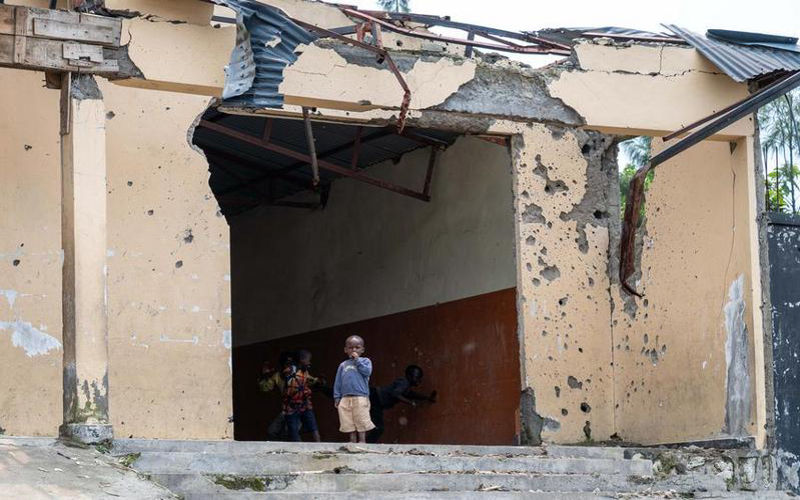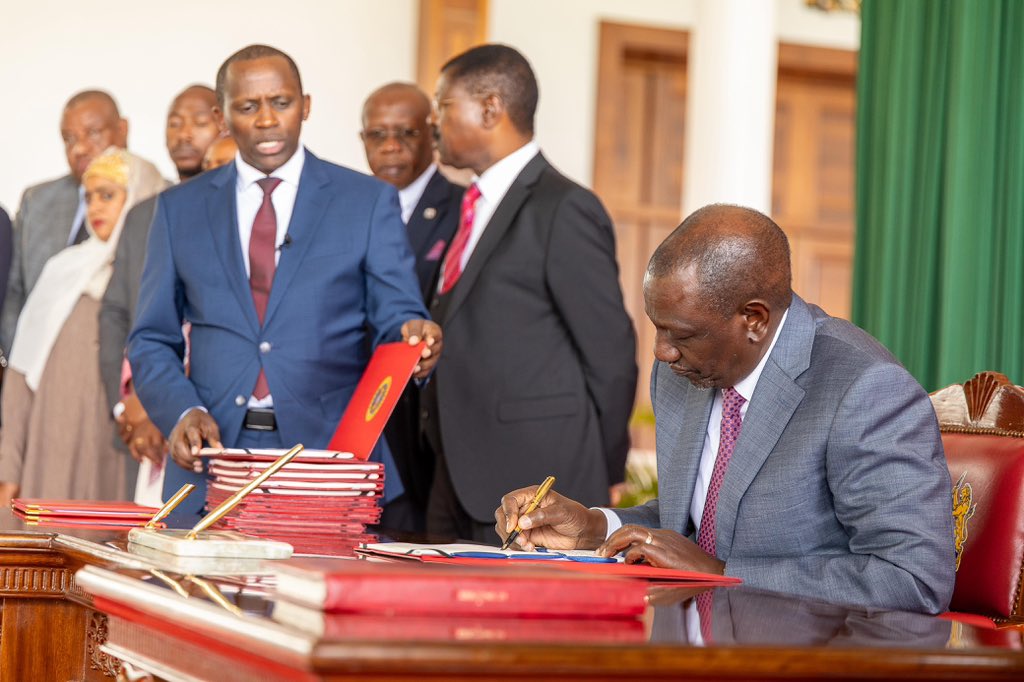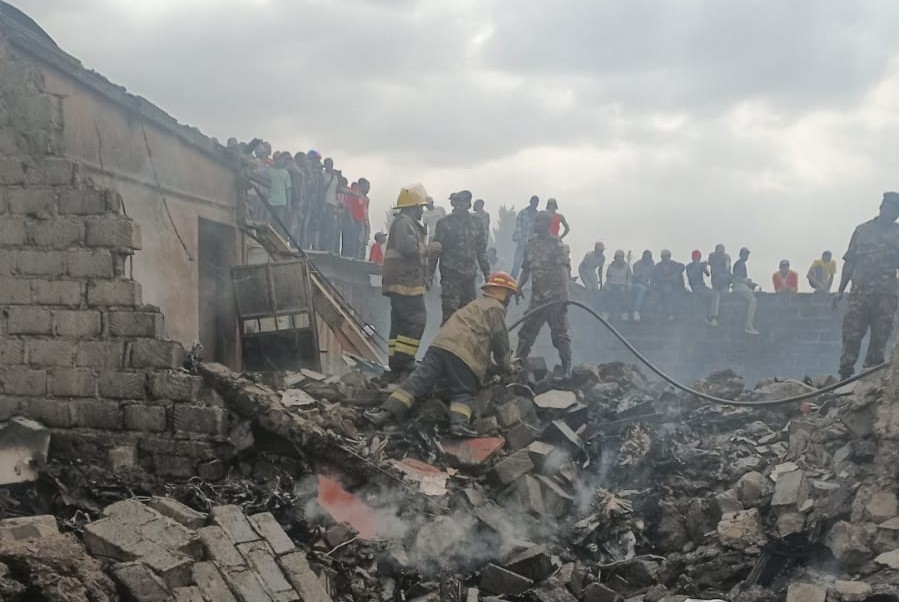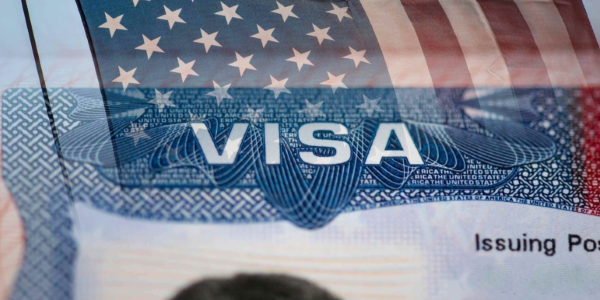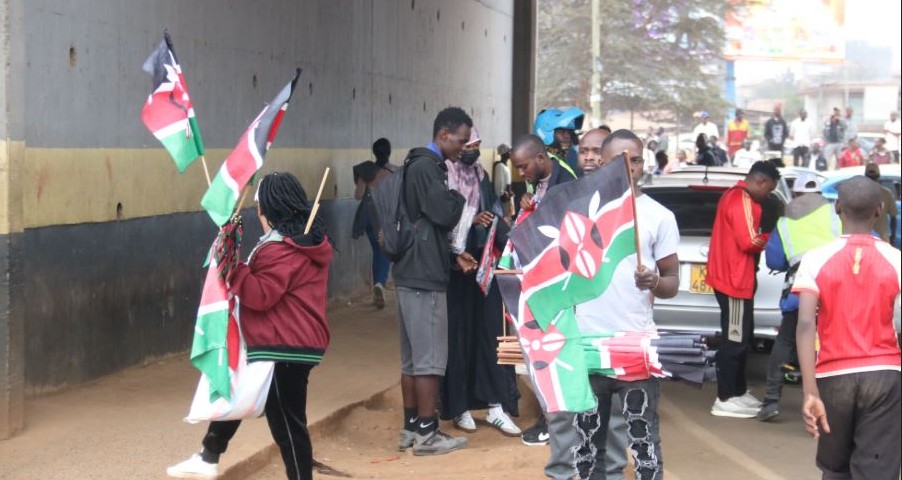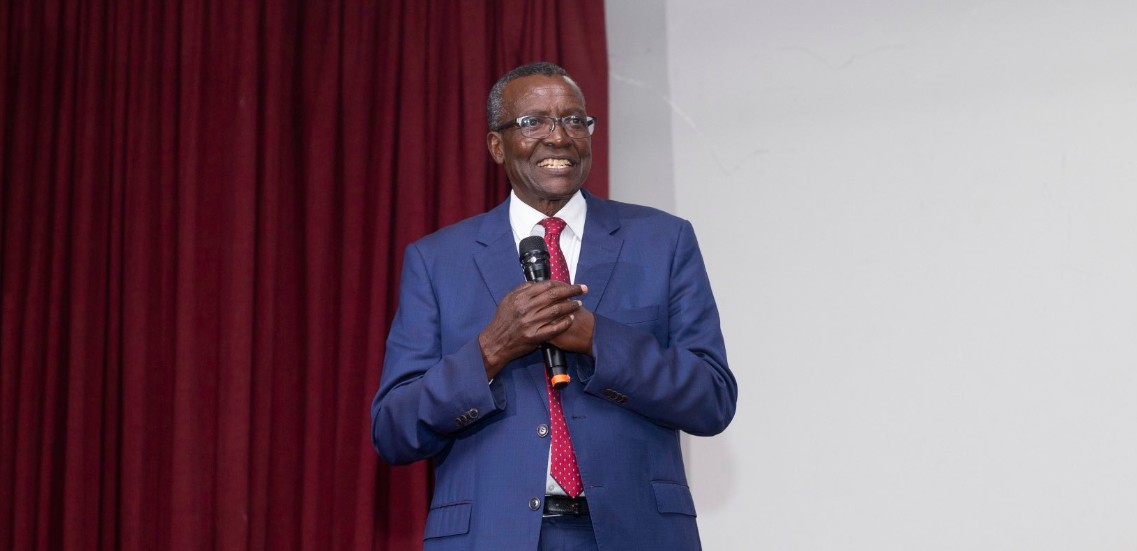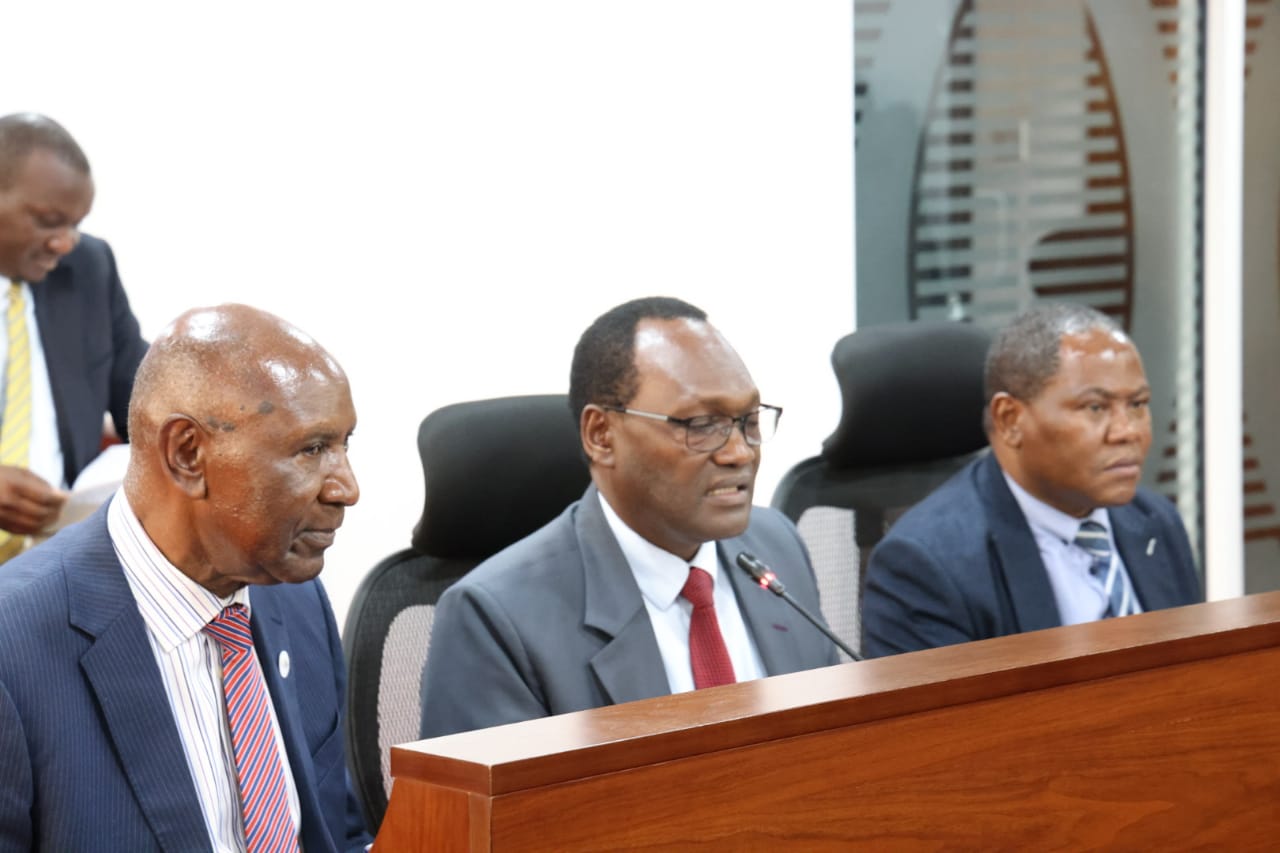Kenya marks 27 years since 1998 US embassy bombing with renewed pledge to fight terrorism

To commemorate the anniversary, the National Counter Terrorism Centre on Thursday reaffirmed its dedication to keeping Kenya safe and preventing future tragedies.
Kenyans today marked 27 years since the 1998 terror attack on the former US Embassy in Nairobi, paying tribute to the lives lost and reflecting on the hard-learned lessons that continue to shape the country's security approach.
On the morning of August 7, 1998, Al-Qaeda launched two coordinated attacks on American embassies in Nairobi and Dar es Salaam, sending shockwaves across the region.
More To Read
- Fresh clashes in Somalia’s Gedo region force civilians to flee to Mandera
- 18 Al-Shabaab militants killed as Somali and Ugandan forces repel assault
- Somalia’s intelligence agency warns businesses against funding Al-Shabaab
- Three KDF soldiers killed, seven injured in Lamu IED blast
- Kenya's real estate boom under scrutiny amid rising money laundering, terror financing cases
- AU Council calls on troop-contributing countries to step up Somalia security support
The Nairobi attack, carried out using a vehicle-borne improvised explosive device (VBIED), occurred after the attackers—posing as couriers—were denied entry to the embassy. They detonated the first bomb in the parking lot, killing more than 200 people and injuring thousands.
Since then, around 20 suspects connected to the attack have been arrested, with some convicted in US courts. In 2023, former US Secretary of State Antony Blinken announced the killing of al-Qaeda leader Ayman al-Zawahiri, the mastermind behind the 1998 bombings.
"The attacks, designed to intimidate us, only reinforced our resolve, but we are making it clear once again that we are positioned to act on our determination, which does not wane with time," he said.
 The 1998 Nairobi attack was executed using a vehicle-borne improvised explosive device after the attackers, posing as couriers, were denied entry to the US Embassy. (Photo: Courtesy)
The 1998 Nairobi attack was executed using a vehicle-borne improvised explosive device after the attackers, posing as couriers, were denied entry to the US Embassy. (Photo: Courtesy)
To commemorate the anniversary, the National Counter Terrorism Centre (NCTC) on Thursday reaffirmed its dedication to keeping Kenya safe and preventing future tragedies.
"On this day, we solemnly remember the tragic terrorist attack of 1998 that shook our nation. As the NCTC Kenya, we honour the memory of the victims and stand in solidarity with their families, their loved ones and all Kenyans in resilience and unity against terror. Together we remain vigilant, resilient, and unified for a safer Kenya," the Centre said.
The new US Embassy Chargé d’Affaires, Carla Beni, laid a wreath at the memorial site and described the annual remembrance as a powerful reminder of terrorism’s human toll. She emphasised the need to honour the courage of those affected and to uphold the values of peace, resilience, and justice.
"Today, we solemnly remember the victims of the 1998 bombing of the United States Embassy in Nairobi and Dar es Salaam. On that tragic day, 224 innocent lives were lost, including 12 American citizens, 32 Kenyan embassy staff and 10 Tanzanian employees. We will never forget the lives lost and will continue to honour their legacy," she said later in a statement.
Deepen security cooperation
Beni also reiterated the United States’ commitment to deepening security cooperation with Kenya and preventing future attacks through strengthened partnerships.
"The United States continues to work with Kenya to respond to, investigate and prosecute those responsible for acts of terror. Notably, in June of this year, we marked an important step forward with the conviction and sentencing of Al Shabaab facilitators involved in the DusitD2 attack; demonstrating how, together, we remain committed to justice and to keeping our communities safe," she added.
At the time of the 1998 bombing, Kenya did not consider itself a likely target for terrorism, largely because groups like Al-Shabaab had not yet gained a foothold in the country.
However, in the years that followed, the group ramped up attacks, began recruiting locals, and expanded its targets to include foreign tourists, particularly at the Coast.
Other Topics To Read
This eventually led to the Kenya Defence Forces (KDF) launching an incursion into Somalia in 2010.
With each attack, Kenya’s security landscape evolved. The country introduced tighter security checks at buildings and malls, deployed metal detectors, vehicle screening procedures, and heightened border controls.
It also established specialised anti-terror units, including the Anti-Terror Police Unit (ATPU), the Bomb Disposal Unit in 2002, and later, the Special Operations Group and other KDF formations.
To centralise and strengthen its counter-terrorism efforts, Kenya formed the National Counter Terrorism Centre, tasked with coordinating anti-terror measures across security agencies and government departments. The Centre's mandate includes prevention, detection, deterrence, and disruption of terrorism.
Programmes spearheaded by NCTC have significantly lowered the country’s threat level and improved response coordination—progress notably seen during the 2019 DusitD2 complex attack.
As the lead agency for multi-agency collaboration, NCTC has also embraced the inclusion of non-state actors in preventing terrorism, reinforcing that the fight against extremism is a collective effort.
Top Stories Today





